Graduates of a Ph.D. in Veterinary Physiological Sciences program will be prepared to enter the clinical research, teaching, or administration fields. Research interests of faculty range from basic immunogenetics to applied studies of surgical problems. Students will have the opportunity to work with other scientists in the department and in the extramural research community. There are also opportunities to gain teaching experience through internships and summer research programs.
To apply, students should contact members of the Department of Veterinary Sciences' Integrative Physiology and Neuroscience (IPN). Before applying, students should identify potential supervisors from the department. Once accepted, students can change laboratories as necessary. The application review process starts in December and continues until all available spots are filled. To get started, applicants should start contacting faculty members in their chosen laboratories.
Applicants to the Integrative Physiology and Neuroscience (IPN) program should contact a member of the department to discuss possible supervisors for their dissertation research. There are only a few available lab spots, so students should be sure to identify the laboratory supervisors that are most appropriate for their interests. After applying for admission, students can change laboratories once they have been accepted. A review period for a Ph.D. program begins December 1 each year and continues until all slots are filled.
Ph.D. in Veterinary Physiology Eligibility
Candidates who want to take admission in Ph.D. must have a post-graduate degree in Veterinary Physiology and its relevant discipline with at least 55% marks from a recognized university and must have passed the national level entrance examination or university level entrance examination. National level entrance exams like UGC NET / UGC CSIR NET / GATE / SLET or University entrance exams consist of written test and personal interviews.
The Benefits of a Ph.D. in Veterinary Physiology
There are many benefits of obtaining a Ph.D. in veterinary physiology. Besides being a highly skilled veterinarian, you can also pursue a career in animal science. This degree allows you to specialize in a particular area of research. As a Ph.D. student, you'll be able to study animal behavior, genetics, and biochemistry.
A Ph.D. in veterinary physiology can lead to employment in the Centers for Disease Control and Prevention, the United States Department of Agriculture, nonprofit animal organizations, and the military. Some graduates choose to enter academia and begin a career in the biotechnology or pharmaceutical industries. Other career paths for DVM graduates include clinical veterinary medicine. A Ph.D. in veterinary physics can be a great step toward a successful career in the field.
As a doctoral graduate, you will learn the various methods of assessing animal health, including the relationship between different tissues. You'll also gain extensive hands-on training in the laboratory, allowing you to observe the interactions between diseased and healthy tissues. It will prepare you for a career in veterinary medicine. This degree will help you advance in the field of veterinary medicine.
The Career and Job Opportunities for Ph.D. in Veterinary Physiology
Those who have earned a Ph.D. in veterinary physiology have an extensive range of career options. They can pursue research and development careers in academia, industry, government, and academia. They can also pursue teaching careers in medical and veterinary schools. Often, graduates take up postdoctoral research positions at prestigious institutions. Despite the wide variety of job opportunities, many graduates choose to pursue teaching or research.
In addition to teaching, animal physiologists perform research in the fields of cellular and organ structure and function. They also perform controlled experiments to study animal behavior. After completing their doctorate, these scientists can work in veterinary hospitals, pharmaceutical companies, or research organizations. Others may advise veterinarians and feed suppliers on the proper diet and housing conditions for their patients. However, they are often in demand in academia, which is why they have numerous career options available to them.
A Ph.D. in veterinary physiology opens up many career options. The graduate degree will allow you to conduct research in various fields. For example, you can work in government or academia to study animal behavior and disease prevention. You can also apply for jobs in the industry. The choice is entirely up to you. You will find a variety of jobs upon graduation. If you have a passion for animals, a Ph.D. in veterinary physiological science could be the perfect career choice for you.
The Future Scope of Ph.D. in Veterinary Physiology
The Ph.D. in Veterinary Physiological Science program is a two-year graduate program. It focuses on the basic and applied research aspects of the field. During the second year, students choose electives based on their interests. Typical classwork includes background courses, research seminars, professional development opportunities, and proposal writing. This degree can lead to several careers, including academia, research, and the biomedical industry.
The Ph.D. course is offered at veterinary schools and colleges. The courses are designed to give students an understanding of the bodily processes of animals. They study organs and how they function and how they use nutrients. The course also prepares students for careers in academia, government, and industry. It has a high demand in the biomedical sciences, so the future is bright for this graduate-level degree.
The program has many benefits. The course prepares students to apply for a Ph.D. program in the field. It prepares students for academic research positions and careers in the biomedical industry. The program also opens the door to career growth in veterinary medicine. There are a number of potential employers for graduates in this field. It is an ideal option for anyone looking for a position in this field.
Ph.D. Research Programme duration
The Ph.D. in Veterinary Physiology course is a minimum of 3 years and a maximum of 5 years in duration. This depends on the university offering the course.
Fees for research program for Veterinary Physiology
The average fee for Ph.D. in Veterinary Physiology degree is between INR 50000 and INR 500000.
 5 Years
5 Years
 PhD
PhD
 Research
Research







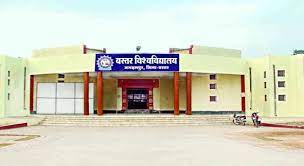
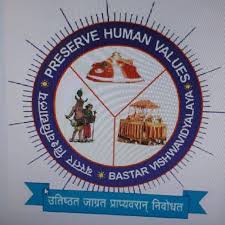

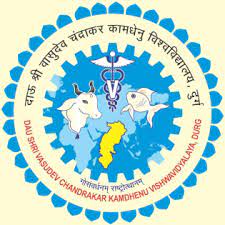
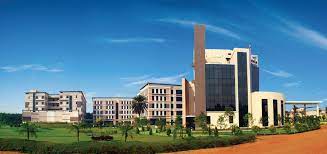
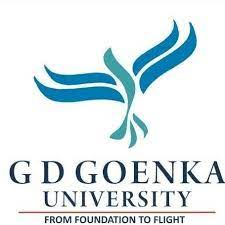
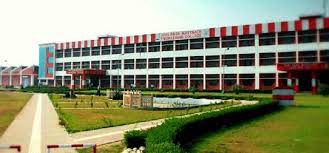
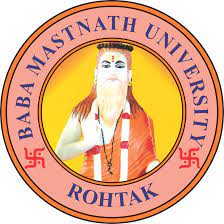

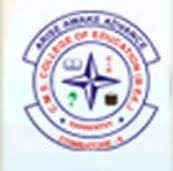
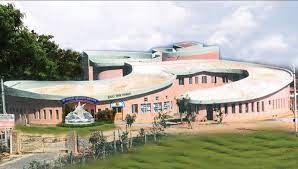
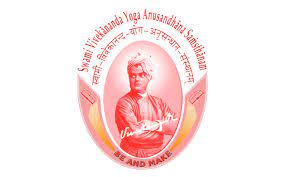
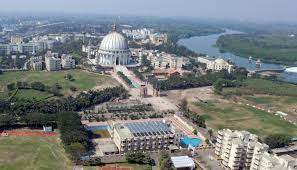
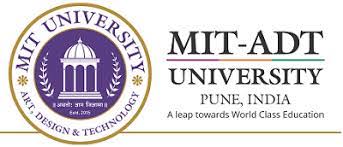
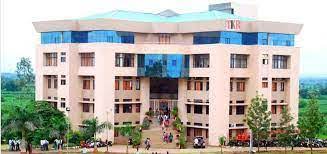
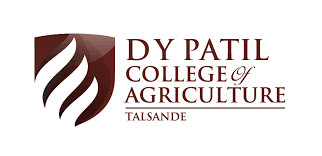

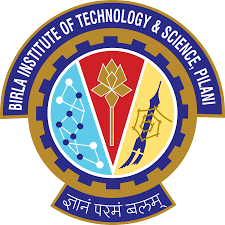
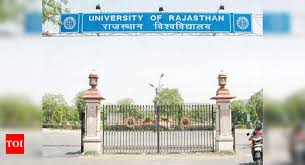
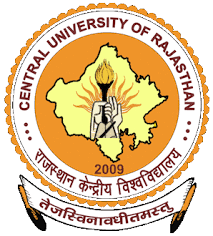
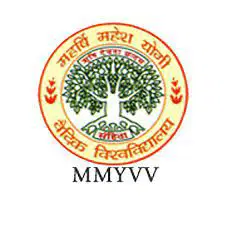
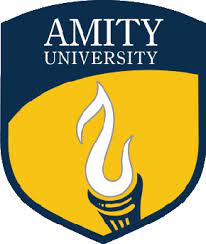


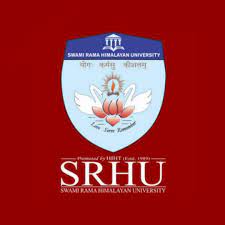

 back
back